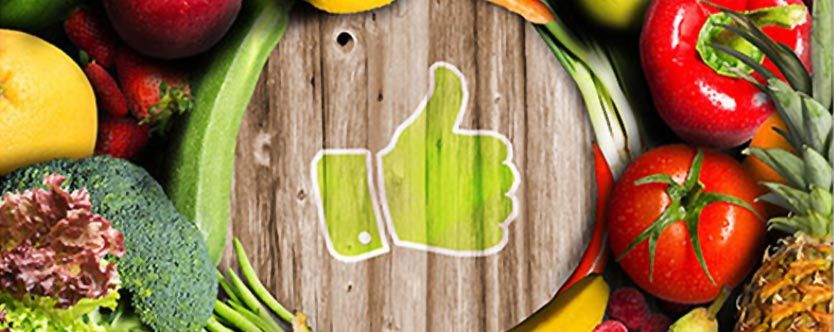
Along with managing stress and losing weight, one has to follow a nutritious diet. There are a number of foods that help keep your blood pressure in check and there are some that raise it. Let’s take a look!
Eat More Fruits & Vegetables
Studies show that switching to a vegetarian diet has a magical effect on blood pressure. There is obviously something in plant food that helps depress blood pressure. Fruits are concentrated with potassium, vitamin C, sodium and loads of soluble fiber, all of which are blood pressure lowering agents. Make sure you eat generous amounts of vitamin C found in fresh fruits and vegetables. People not doing so are more prone to high blood pressure. Vitamin C supplements may help but only to a certain extent. There are other factors in natural substances too, which plays a major role.
Garlic
It is known as a vasodilator. It dilates blood vessels and lowers blood pressure. It contains adenosine, a compound, which promotes vasodilatation and is also a muscle relaxant. Both raw and cooked garlic benefit blood pressure. But raw garlic is more potent and hence proves more beneficial. Just three months of consuming two cloves of chopped raw garlic, first thing in the morning is known to reduce hypertension.
Wheat grass juice
This has proven to be an elixir for those suffering from hypertension, as it is a rich source of magnesium and potassium. These minerals lower blood pressure and a deficiency can actually raise it. Once you start getting enough magnesium and potassium, you can actually cut down on the dosage of your medicine. Moreover, wheat grass juice will cleanse and nourish your body, and work wonders on your immune system.
Celery
This vegetable is widely used in Chinese medicine to lower blood pressure. Studies at the University of Chicago have shown that just a few stalks of celery can lower blood pressure when used continuously for a couple of months.
Fish
Fish oils are known to keep a lid on blood pressure. Thanks to the Omega-3 fats in it. If you are taking blood pressure lowering medication, then consuming fish like mackerel (Bangda), Tuna, and Surmai at least thrice a week will help you reduce your daily dosage.
Eat less salt
You don’t have to embark on a no-salt diet. Sodium restriction may help only if you are salt sensitive. Adding minerals like magnesium, calcium and potassium, and losing weight will make a substantial difference. Instead of going to extremes and switching completely to a salt-free diet, you can eat less salt along with the other alterations.
Avoid sugar
Sugar raises the insulin levels, and high blood levels of insulin often accompany high blood pressure. Moreover, this makes weight loss all the more difficult, therefore controlling blood pressure may become tougher.
Stop smoking
Tobacco directly affects blood pressure. It increases clot formation and the risk of precipitating a heart attack or stroke.
Restrict alcohol
The effect of alcohol on blood pressure is so appalling. Researchers believe that it constitutes for most of the cases of hypertension.
